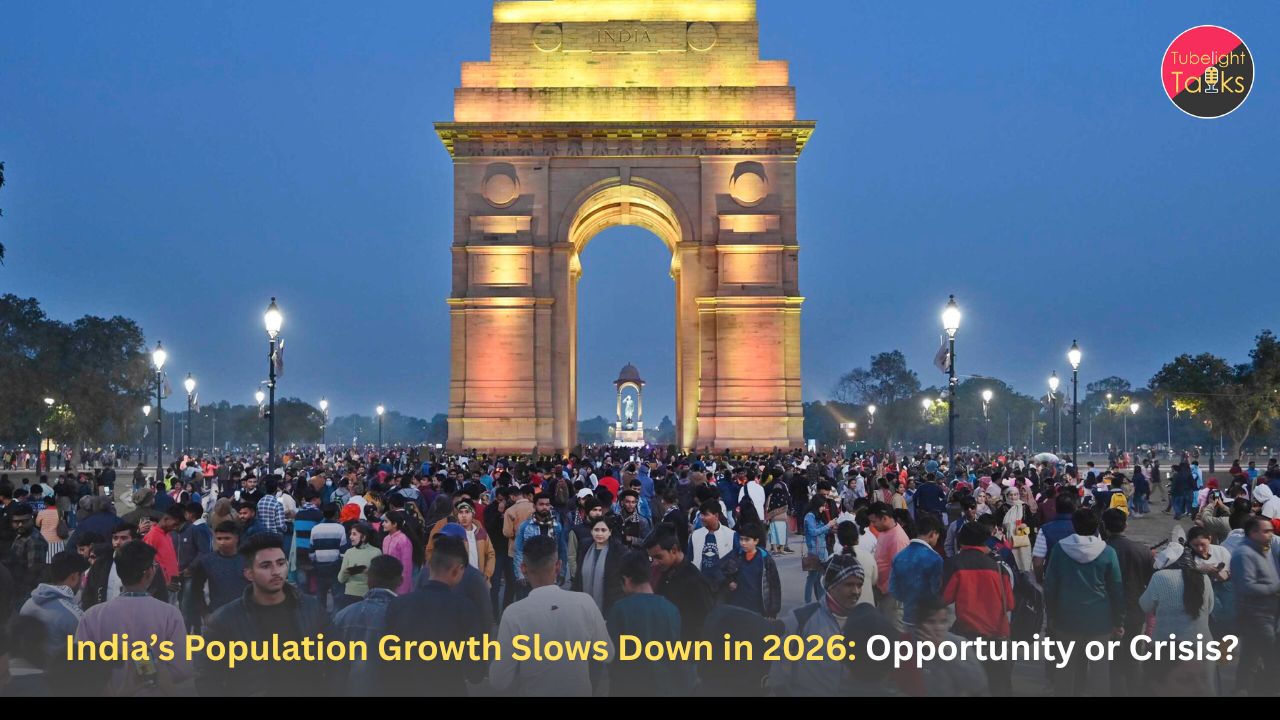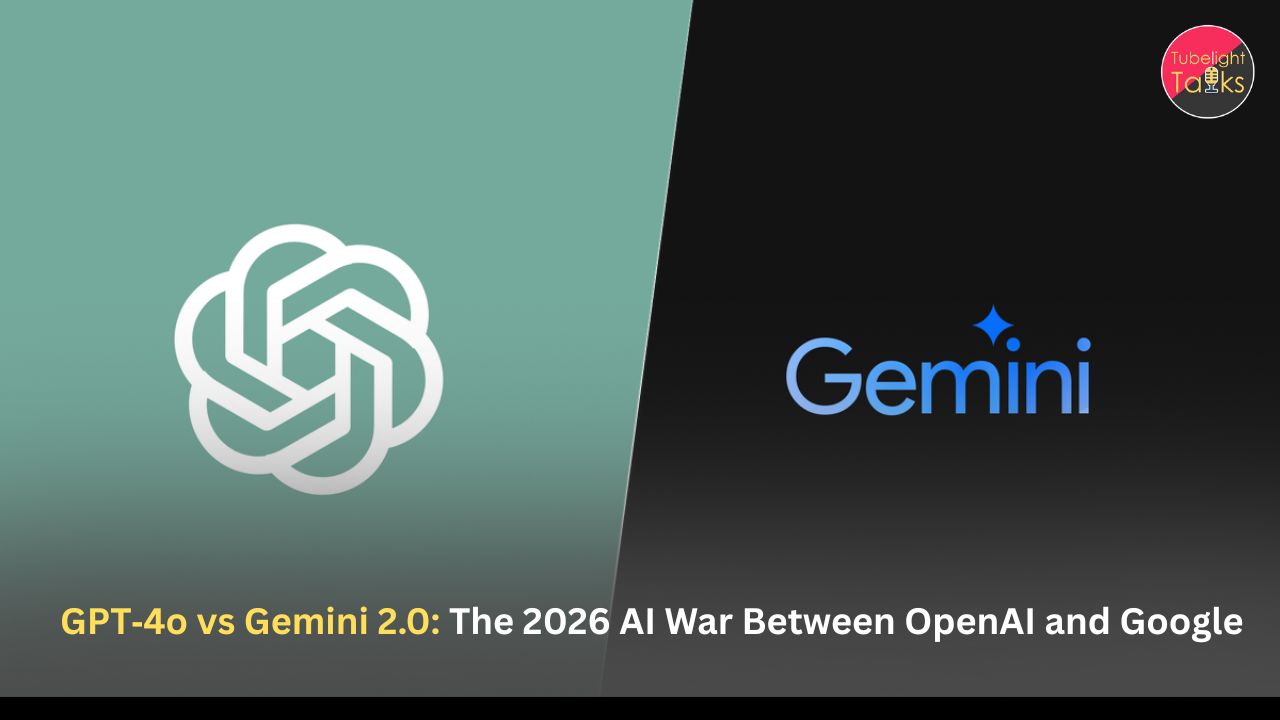Digital Privacy & Data Protection: In 2026, digital privacy has become one of the most contested arenas in global policy. As data flows become more integral to daily life, countries are racing to define who controls it and how it can be used. The European Union continues to enforce one of the world’s strictest data protection regimes. India, after years of debate, has activated its Digital Personal Data Protection Act.
The United States, however, still lacks a cohesive federal data protection law, relying instead on a patchwork of state and sectoral regulations. This disparity has major implications — for individuals’ rights, business compliance, and cross-border data flows. In this article, we compare the legal frameworks in these three regions, highlight current challenges, and explore what the future might hold for digital privacy.
The Privacy Landscape in 2026
Global Context: As data becomes more valuable, regulators worldwide are under pressure to protect individuals. Different regions emphasize different priorities — individual rights, national sovereignty, or business flexibility.
Cross-Border Tensions: How countries regulate data affects global trade, cloud computing, and AI. Companies operating in multiple markets must navigate very different regimes.
European Union: GDPR and Strengthened Regulation
The EU’s GDPR remains a gold standard in data protection, giving individuals strong rights (access, correction, deletion) and imposing heavy fines for non-compliance.
In February 2025, the EU launched the InvestAI initiative, mobilizing €200 billion in public and private investment for AI infrastructure, including a €20 billion fund for AI gigafactories, combining regulation with growth. This builds on the EU AI Act, which entered into force in 2024 and phases in full compliance by August 2026, prioritizing ethical AI through risk-based rules, transparency, and accountability.
The EU also continues to advocate for ethical AI: its regulatory framework prioritizes user rights, transparency, and accountability. Recent proposals in the “Digital Omnibus” package (unveiled November 2025) aim to simplify GDPR record-keeping for smaller firms (under 750 employees) while maintaining core protections, though critics warn against diluting enforcement. The European Data Protection Board (EDPB) has announced a 2026 coordinated enforcement focus on transparency obligations under GDPR Articles 12-14.
India: Digital Personal Data Protection Act (DPDP Act)
India passed the Digital Personal Data Protection Act (DPDP Act) in August 2023.
Key provisions include: user consent requirement, rights to access & delete data, and strict penalties (up to ₹250 crore for serious violations, such as data breaches or failure to notify). As of November 2025, the Data Protection Board of India (DPBI) has become operational, with rules notified on November 14, 2025, enabling inquiries, penalties, and a digital-first enforcement process.
Full compliance for major obligations (e.g., consent, breach reporting) phases in by May 2027, giving businesses time to adapt.
Challenges: The rules faced delays post-2023 passage, creating uncertainty until the November 2025 notification.
There are also implementation concerns: some critics argue that certain exemptions favor government access or limit independent oversight, potentially allowing state actors broader leeway for sovereignty or law enforcement purposes.
On children’s data: The Act requires verifiable parental consent for processing data of anyone under 18, with draft rules (finalized November 2025) mandating age and identity verification for guardians via digital lockers or authorized entities; tracking or behavioral monitoring of children is prohibited to prevent harm. This is stricter than many Western frameworks, which often set the threshold at 13-16.
From a user perspective, some research indicates that while people care about privacy, they may not fully understand how data is processed under the DPDP Act, highlighting the need for better awareness campaigns.
United States: Fragmented Regulation
Unlike the EU or India, the U.S. has no single, comprehensive federal data protection law. Instead, data privacy is regulated by a patchwork of state laws (e.g., California Consumer Privacy Act), sectoral rules (e.g., HIPAA for health data), and agency guidance from the FTC. By 2026, at least 18 states have comprehensive privacy laws in effect, with more (e.g., Indiana, Kentucky, Rhode Island) activating January 1, 2026, creating a “50-state regime” of varying consumer rights like opt-outs and data deletion.
Because of this fragmentation, companies often find compliance complex and inconsistent.
There is growing debate in the U.S. about creating a national privacy law, but as of 2026, no major bipartisan federal law has passed; efforts like the American Data Privacy and Protection Act (ADPPA) stalled in prior years.
On the global front, U.S. companies often comply with GDPR for their European customers, but domestic regulation remains less stringent in some areas.
Interestingly, while the U.S. lacks a unified data protection law, the UK (not US) passed the Data (Use and Access) Act in June 2025, which modifies how public bodies access data and promotes innovation-friendly data sharing—though this is irrelevant to U.S. federal policy and appears to be a misreference here. In the U.S., recent focus includes FTC updates to COPPA (effective April 2026) for child data under 13, but no equivalent broad public-sector act exists at the federal level.
Comparative Analysis: Strengths & Risks
Region
Strengths in 2026
Key Risks / Challenges
EU
Strong individual rights, clear regulatory frameworks, global leadership
Regulation may slow innovation; compliance costs high for SMEs
India
Strong consent-based model, large domestic market, rising regulatory capacity
Delay in rulemaking (resolved Nov 2025), oversight concerns, potential loopholes for state actors
USA
Innovation-first ecosystem, flexible business environment
Lack of uniform privacy law, patchy
protections, cross-state complexity
Impact on Businesses & Users
Multinational companies must tailor their data strategies: what works in Europe may not work in India or the U.S. For instance, EU GDPR’s transparency rules contrast with U.S. state variations, while India’s phased DPDP rollout eases initial burdens but demands rapid adaptation by 2027.
Startups in India may find compliance costly until full DPDP rules stabilize, though exemptions for small entities help.
Users: In the EU, users are generally more empowered with rights like data portability. In India, rights are improving but the implementation gap (e.g., awareness) could limit real-world protections until enforcement ramps up. U.S. users benefit from state-level gains but face uneven safeguards federally.
Future Trends to Watch
Cross-border data flows: Will there be “data adequacy” agreements between India and EU / US? The EU extended UK’s adequacy to December 2025 amid reforms, signaling potential for India post-DPDP.
Regulation of AI-driven data use: As AI uses more personal data, how will data laws adapt? EU’s AI Act phases in by 2026; U.S. states like Colorado regulate high-risk AI from 2026; India may tighten via DPBI.
Strengthening Indian regulation: Will India close gaps in oversight, rule clarity, and enforcement? With DPBI now active, focus shifts to appointing members and handling first cases.
US federal privacy law: Will pressure build for a unified law, especially as more citizens demand data rights? State expansions in 2026 may accelerate calls, but partisan divides persist.
Ethics and Autonomy: Sant Rampal Ji Maharaj’s Teaching on Dignity in the Digital Age
Sant Rampal Ji Maharaj teaches that true respect for individuals arises from honoring their dignity and autonomy. In the digital world, data is not just a resource — it represents people’s lives, their choices, and their trust. The laws we build must reflect this wisdom: protecting data isn’t just a technical or economic issue, but a moral responsibility. Just as he emphasizes compassion and respect for every soul, digital privacy laws should safeguard every individual’s right to be seen, heard, and protected.
Read Also: India’s DPDP Rules 2025 Explained: Status, Core Obligations, Cross-Border, and a 30-Day Action Plan
FAQs on Digital Privacy & Data Protection in 2026
Q1: What is the DPDP Act in India?
The Digital Personal Data Protection Act, 2023 is India’s law for regulating digital personal data.
Q2: Are there heavy fines under India’s data law?
Yes, the law provides penalties up to ₹250 crore for serious violations.
Q3: Does the U.S. have a national data protection law?
No — as of 2026, the U.S. relies on a mix of state laws and sectoral rules; there is no comprehensive federal privacy law.
Q4: How strict is the EU’s data protection?
Very strict: the EU’s GDPR gives users strong control over their data and imposes significant fines for non-compliance.
Q5: What is the Data Protection Board in India?
The Data Protection Board of India (DPBI) is the independent body established under the DPDP Act to investigate complaints, enforce compliance, impose penalties, and oversee data protection, operational since November 2025 with a digital-first structure.










